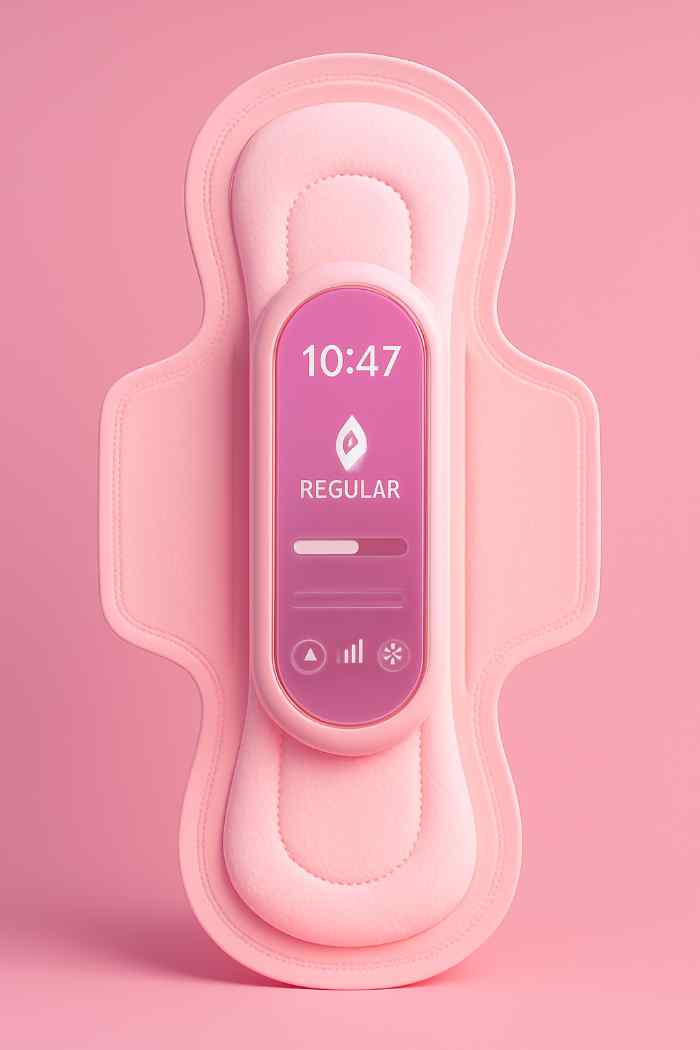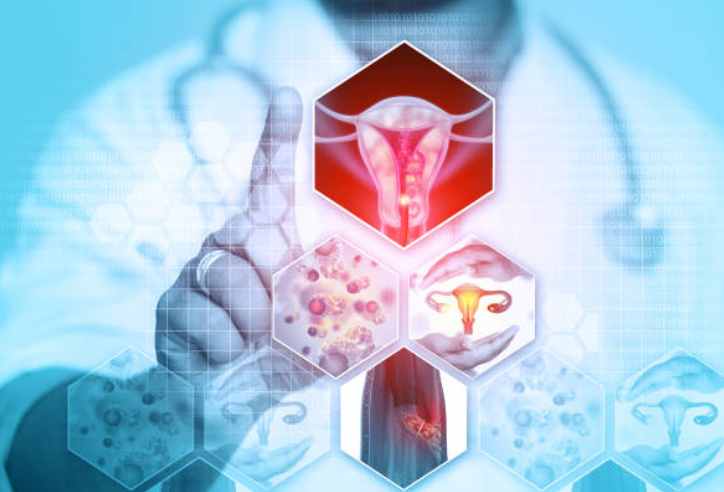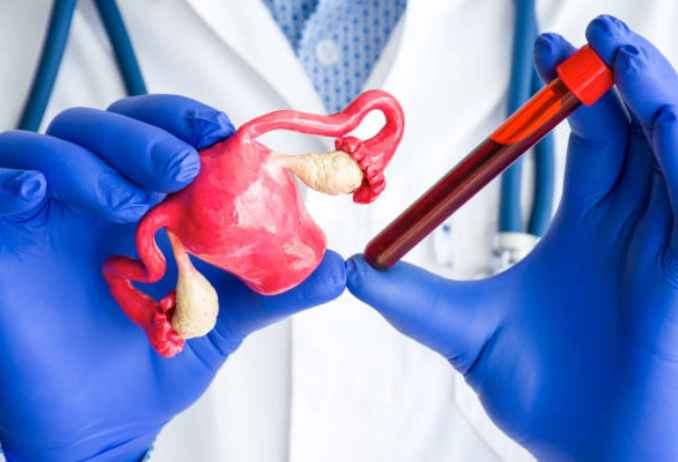

Introducing
Girlified Smart pads
Do you know that over 50% of female fertility issues and ovarian, cervical, and endometrial cancers can be prevented if caught early on?
But to date, these problems still affect half a billion women around the world. Our Mums, wives, sisters, and friends are included.
Generate Medical Report
Science-
BACKED
Human-Centered


Why Menstrual Blood
STANDS OUT
Menstrual blood isn’t just blood, it’s a complex mixture of:
Venous blood, Endometrial cells (from the uterine lining), Cervical and vaginal secretions, Immune cells
Molecular biomarkers (e.g. proteins, DNA, RNA, metabolites). This makes it a rich source of localized biological data about the female reproductive system.
We’re developing our platform alongside leading researchers, ensuring scientific rigor while respecting real-world variability in flow, cycle phases, and biomarker profiles. Your privacy and comfort are built into every layer of our technology.
At Girlified, we believe your period is more than a cycle — it’s a window into your health. The Girlified Smart Pad is a revolutionary diagnostic tool that transforms menstrual fluid into actionable insights, enabling early detection of gynecological conditions through a non-invasive, comfortable, and discreet method.
🧬 What Can Menstrual Blood
Help Detect?


Polycystic Ovary Syndrome (PCOS) and Hormonal Imbalances
Advantages Over Traditional Blood Samples
Non-invasive, pain-free, and accessible
Specific to the reproductive tract
May better reflect localized uterine conditions than peripheral blood
Limitations and Challenges
Sample variability (day of cycle, flow intensity)
Need for standardized collection methods (e.g., smart pads, menstrual cups). Biomarker validation are still ongoing for most conditions
Real-World Applications
Startups and researchers are developing smart menstrual pads or cups that analyze menstrual fluid for:
HPV and cervical cancer screening
Endometriosis biomarkers
Fertility tracking
Conclusion
Menstrual blood has distinct advantages for detecting some gynecological cancers and infertility issues due to its local origin and rich content, but it’s not a total replacement for other blood tests — rather, it’s an exciting complementary tool for non-invasive diagnostics in women’s health.

